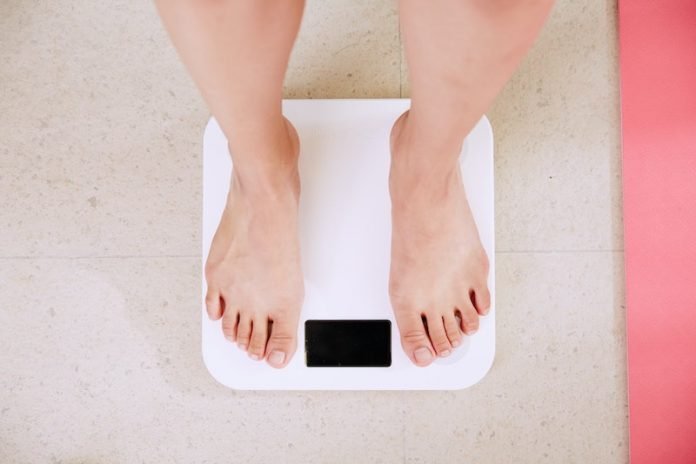
In a new study, researchers found that health conditions related to obesity, including inflammation and leaky gut, leave the lungs of obese patients more susceptible to COVID-19.
It may explain why they are more likely to die from the disease.
They suggest that drugs used to lower inflammation in the lungs could prove beneficial to obese patients with the disease.
The research was conducted by a team at UT Southwestern Medical Center.
COVID-19, caused by the novel coronavirus SARS-CoV-2, varies widely in clinical severity: Some patients are asymptomatic while others have devastating forms that have led to more than 905,000 deaths worldwide.
Several pre-existing conditions have been shown to increase the risk of COVID-19 severity, including obesity and Type 2 diabetes – two conditions that often go hand-in-hand.
One idea for the increased risk, the researchers suggest, is that fat has high amounts of ACE2 receptors, entryways for the SARS-CoV-2 virus on cells.
The increased numbers of these receptors in obese patients could lead to a higher viral load, a factor thought to lead to poor outcomes for COVID-19 patients.
These ACE2 receptors can be shed into circulation and end up in the lungs, specifically increasing SARS-CoV-2 concentration in lung tissue.
In addition, the increased ACE2 expression in obese individuals spurs an imbalance in chemical signals that induce inflammation, fibrosis, and leaky blood vessels, all of which have the potential to cause a more severe COVID-19 infection.
However, the team notes other conditions linked with obesity are even more powerful contributors to increased disease severity.
One of these is a higher overall inflammatory state that tends to accompany obesity, which primes many tissues – including the lungs – for a poor response to infection.
Another is the “leaky gut” that’s also typically present in obese people: Their intestinal cell lining develops gaps, allowing small amounts of intestinal contents to spill into circulation.
Among these contents leaking out are intestinal bacteria and their toxins, including lipopolysaccharide (LPS), a protein produced by gram-negative bacteria such as intestinal Escherichia coli that cause a severe inflammatory response.
Studies have shown that obese individuals have elevated levels of both bacteria and LPS in their lung tissue – even in the absence of infection.
When these patients are infected with COVID-19, the researchers hypothesize, it pushes an already vulnerable system over the edge.
Synergistic interactions between damage caused by the virus, the damage already present from intestinal flora that migrated to the lungs from a leaky gut, and an elevated inflammatory state could lead to a more severe infection than in the absence of these factors.
The team notes that dexamethasone, a steroid that’s already shown promise in clinical trials, could be especially helpful in obese patients.
This treatment reduces inflammation systemically, taking a broad approach to reducing this damaging state.
A more targeted approach might be to use PPARg agonists, a class of drugs that have multiple effects including lowering inflammation, reducing ACE2 expression, lowering blood sugar, reducing LPS levels in circulation, and preventing fat cells in the lung from converting into a fibrotic cell type that can impair breathing.
Unlike dexamethasone, PPARg agonists don’t impair immunity and have fewer common side effects.
One author of the study is Philipp Scherer, Ph.D., the director of the Touchstone Center for Diabetes Research.
The study is published in eLife.
Copyright © 2020 Knowridge Science Report. All rights reserved.



